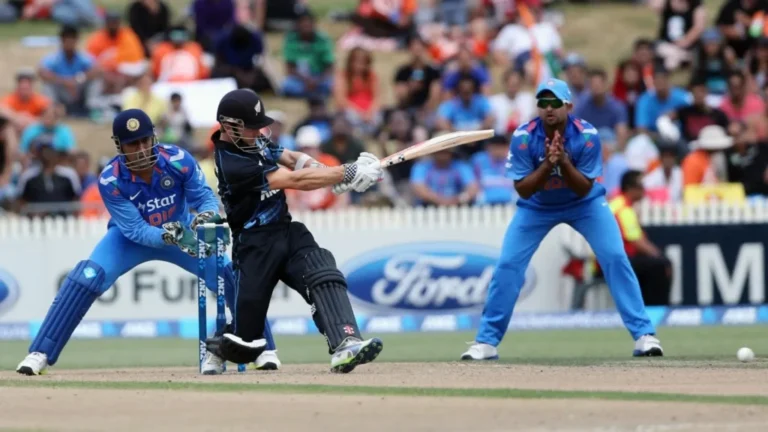PMU Mali: Understanding the Role of the Public Markets Union in Mali

Public Markets Unions (PMUs) serve as crucial pillars in national economies, and in Mali, the PMU is no different. With a landscape deeply influenced by local trading systems and international exchanges, the PMU in Mali plays an indispensable role in promoting commerce, supporting infrastructure, and driving the nation’s growth. In this article, we delve into the functions, significance, and challenges faced by the PMU Mali, providing you with a comprehensive look at this integral institution.
The Historical Context of PMU Mali
The establishment of the Public Markets Union in Mali dates back to the colonial period when markets became a central point for trade and commerce. Over time, the PMU transformed from a loosely organized network of markets into a formal entity responsible for regulating market activities, fostering transparency, and ensuring equitable access to resources. The PMU became an essential part of Mali’s economic fabric, contributing to both urban and rural development.
The historical development of the PMU Mali reflects the changing dynamics of trade in the country. From small-scale markets catering to local needs, the PMU has expanded its scope to include national-level market governance, aligning with global standards and regulations. Today, the PMU operates as a key player in Mali’s economic system, coordinating efforts between private traders, government bodies, and international partners.
Structure and Organization of PMU Mali
At the core of the PMU Mali is a structured organization designed to manage various market sectors across the country. The PMU operates on multiple levels, from local markets to centralized hubs, ensuring that all market participants adhere to legal guidelines and market regulations.
The organizational framework is hierarchical, with local councils handling day-to-day market operations while regional offices oversee broader initiatives such as the regulation of market prices, sanitation, and infrastructure development. At the top level, the national council collaborates with government bodies to set policies that shape Mali’s trade landscape. The PMU’s structure ensures efficient coordination among different stakeholders, from small business owners to large-scale traders.
PMU Mali’s Role in Economic Development
The PMU’s contributions to Mali’s economy are significant. It not only manages the smooth operation of markets but also stimulates the growth of small and medium-sized enterprises (SMEs), which are vital to the country’s overall economic health. By regulating market activities and providing a stable trading environment, the PMU helps entrepreneurs expand their businesses and create jobs.
Additionally, the PMU plays an instrumental role in agricultural development, facilitating the sale of locally produced goods and improving access to international markets. The PMU’s efforts in regulating the trade of agricultural products ensure that farmers receive fair prices and that consumers have access to a consistent supply of goods. This is particularly important in a country where agriculture forms the backbone of the economy.
Moreover, the PMU supports infrastructure projects that improve market accessibility, such as building new roads, storage facilities, and distribution centers. These initiatives not only enhance the efficiency of market transactions but also contribute to regional development and poverty alleviation.
Challenges Faced by PMU Mali
Despite its many successes, the PMU Mali faces several challenges. Corruption, for example, remains a persistent issue, hindering the union’s ability to enforce regulations and maintain transparency. Some traders may bypass official channels to avoid taxation, depriving the state of much-needed revenue and undermining the union’s role in fostering fair market practices.
Another challenge is the lack of infrastructure in many parts of the country, particularly in rural areas. Poor road networks and limited access to basic amenities make it difficult for traders to bring their goods to market, resulting in lost economic opportunities. In addition, climate change has a profound impact on agricultural markets, with unpredictable weather patterns affecting crop yields and market prices.
To address these challenges, the PMU has launched several initiatives aimed at promoting good governance, improving infrastructure, and adapting to environmental changes. However, much work remains to be done, particularly in terms of ensuring that all market participants adhere to established rules and regulations.
PMU Mali’s Relationship with International Trade
Mali’s position as a landlocked country means that its markets are deeply intertwined with regional and international trade systems. The PMU plays a critical role in facilitating cross-border trade, ensuring that goods flow freely between Mali and its neighboring countries such as Senegal, Côte d’Ivoire, and Guinea.
Through its partnerships with regional trade organizations and international bodies, the PMU helps harmonize trade policies and eliminate barriers to commerce. This is crucial for ensuring that Malian products—particularly agricultural goods—reach broader markets, generating income for the country and contributing to economic stability.
Additionally, the PMU works closely with international development agencies to secure funding for projects aimed at improving market infrastructure and bolstering trade. These partnerships are essential for driving Mali’s economic growth and ensuring that its markets remain competitive in an increasingly globalized world.
Future Prospects for PMU Mali
The future of the PMU Mali looks promising, with ongoing efforts to modernize market infrastructure and improve governance. Digitalization is one key area of focus, as the union aims to incorporate technology into its operations, making it easier for traders to access market information, complete transactions, and comply with regulations. The implementation of e-commerce platforms could significantly boost trade, especially for rural farmers and small traders who currently face barriers to entering larger markets.
Furthermore, the PMU is likely to expand its role in sustainable development, with a particular emphasis on climate resilience and environmental conservation. By promoting sustainable agricultural practices and investing in green infrastructure, the PMU can help mitigate the effects of climate change while ensuring long-term economic stability.
Conclusion
In conclusion, the PMU Mali is a vital institution that supports the country’s economic growth by regulating markets, fostering entrepreneurship, and facilitating international trade. Despite facing challenges such as corruption and infrastructure deficits, the PMU continues to adapt and evolve, ensuring that Mali’s markets remain resilient and competitive. As the union moves towards a future of digitalization and sustainability, its role in shaping Mali’s economic landscape will only grow in importance.
Also Read: Abraham Quiros Villalba: A Life of Achievement and Influence





